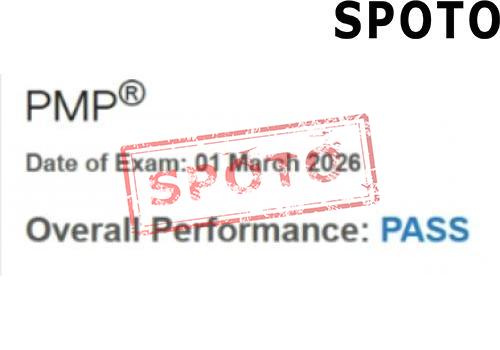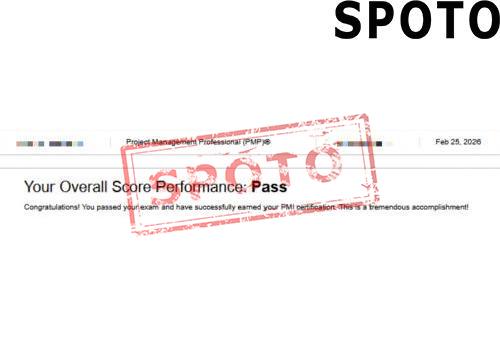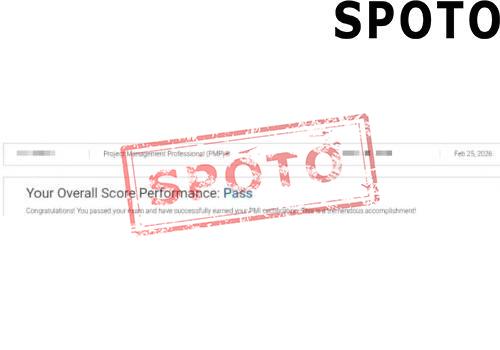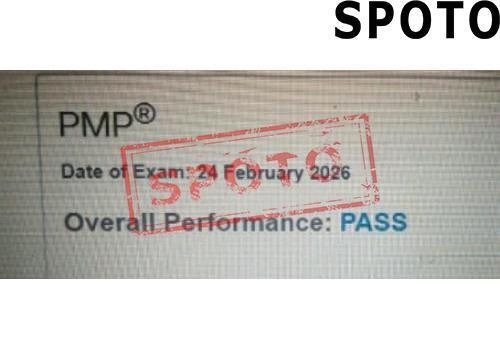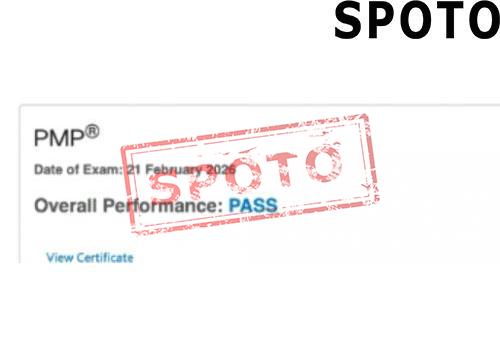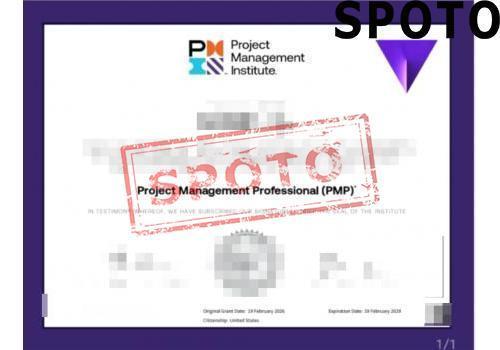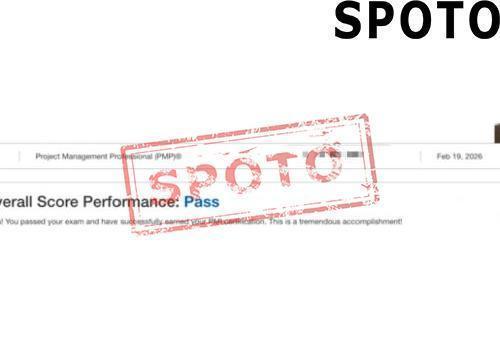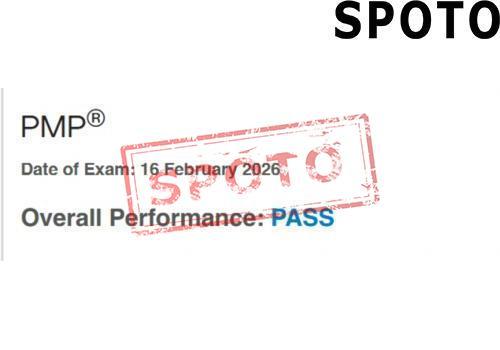
Table of Contents
Regardless of its scale, every project requires a person in charge with forward-thinking. Their core task is to continuously drive the project to operate efficiently, which is precisely the key function that a project manager undertakes within the team.
A project manager needs to play a leadership role while also comprehensively managing all work processes related to their functions. Fundamentally speaking, the success or failure of a project depends not only on the level of teamwork but is also closely related to the management effectiveness of the project manager.
1. What is a Project Management?
Project management refers to the process of applying specialized knowledge, skills, tools, and methods in project activities to enable the project to meet the set requirements and expectations within the constraints of limited resources. The specific steps include the following aspects:
- Initiating: The first step in project management. Its main objective is to clarify the basic information of the project, ensure its feasibility, and obtain authorization.
- Planning: The core of project management, which involves formulating a detailed implementation plan to ensure that the project is completed on time, within budget, and with high quality.
- Execution: The stage of putting the plan into practice. The project manager needs to coordinate the team and resources to ensure that tasks progress as scheduled.
- Monitoring & Controlling: It runs through the entire project lifecycle. The project manager needs to monitor the project status, identify significant changes, and make necessary adjustments to deliver the project according to the client's expectations.
- Closing: It marks the official end of the project, ensuring that all work is completed and approved.
2. What does a Project Manager do?
Project management is a challenging task that requires a wide variety of skills. Main responsibilities and competencies of a Project Manager:
Business and Domain Knowledge
Project managers need to have an in-depth understanding of the business models, market dynamics, and industry trends of their respective industries. This enables them to accurately grasp project goals and identify potential risks and opportunities.
In specific fields, such as information technology, construction engineering, etc., they also need to master professional technical knowledge. This allows for effective communication and collaboration with team members, clients, and stakeholders, ensuring that projects comply with industry standards and specifications.
Project Management Knowledge
Project managers should be proficient in the core knowledge system of project management, including the processes and methods of each stage of project initiation, planning, execution, monitoring, and closing. They should be well-versed in key areas such as scope management, time management, cost management, and quality management. They are able to use professional tools and techniques to develop practical project plans and make dynamic adjustments during project implementation to ensure that projects are completed on time, within budget, and with high quality.
People Management Ability
Project managers need to possess excellent people management skills. They should be able to form high-performing project teams and allocate tasks reasonably according to the strengths of team members. They are good at communication and coordination, creating a positive team atmosphere, and inspiring the enthusiasm and creativity of team members. Through effective motivation and performance evaluation, they can enhance the overall cohesion and execution ability of the team, ensuring the smooth progress of the project.
3. Why become a Project Manager?
Career Development Advantages
Obtaining a project management certification can broaden employment channels, create more possibilities for career advancement, and help practitioners gain an advantageous position in the highly competitive job market.
Recognition of Professional Competence
This certification not only enables practitioners to undertake more crucial and challenging responsibilities within the organization but also objectively verifies their project management capabilities.
Improved Work Efficiency
Statistics show that project managers with certifications demonstrate higher work efficiency in resource allocation, team collaboration, and task execution. This certification can systematically enhance practitioners' management skills, enabling them to create greater value in their current positions.
Outstanding Project Management Capabilities
Compared with their uncertified peers, certified professionals perform more outstandingly in project planning, risk management, and goal achievement. They can not only complete daily work efficiently but also exhibit stronger competence in their professional fields.
Employer Preference in Talent Selection
During the talent selection process, most employers prefer to hire project managers with professional qualifications. The certification has become an important reference for enterprises to evaluate the professional level of candidates.
Internationally Recognized Professional Standards
This certification indicates that the certified individuals can use globally recognized professional terms in their work, thus improving the smoothness of cross-border collaboration.
4. How to Become a Project Manager?
Prerequisites for Taking the PMP Exam
- For individuals with a bachelor's degree, 4,500 hours of project management experience is mandatory.
- Those holding a secondary school degree, high school diploma, or associate degree must have 7,500 hours of project management experience.
- Completion of 35 hours of project management education from any of PMI's registered educational institutions is required for both secondary and bachelor's degree holders.
- Moreover, to maintain the Project Management Professional certification, you need to earn 30 PDUs every three years.
Become a Member of PMI
After meeting all the requirements for PMI certification exams, it is recommended to apply for PMI membership.
Although membership is not mandatory, it offers numerous advantages. Once you become an official PMI member, you can register for the certification exam at a discounted price. Additionally, you will receive the authoritative "A Guide to the Project Management Body of Knowledge" in the field of project management for free. Although an annual membership fee needs to be paid, the various benefits enjoyed by members far exceed the amount of the membership fee.
Registering and Preparing for the Exam
To succeed, you must study the PMBOK Guide thoroughly, and it's advisable to explore additional books aligned with the exam syllabus.
Consider enrolling in online training institutions like SPOTO and participating in relevant webinars.
Passing the PMP exam is no easy feat and demands extensive study. These resources can significantly enhance your preparation and understanding of the material, increasing your chances of passing the PMP exam.
